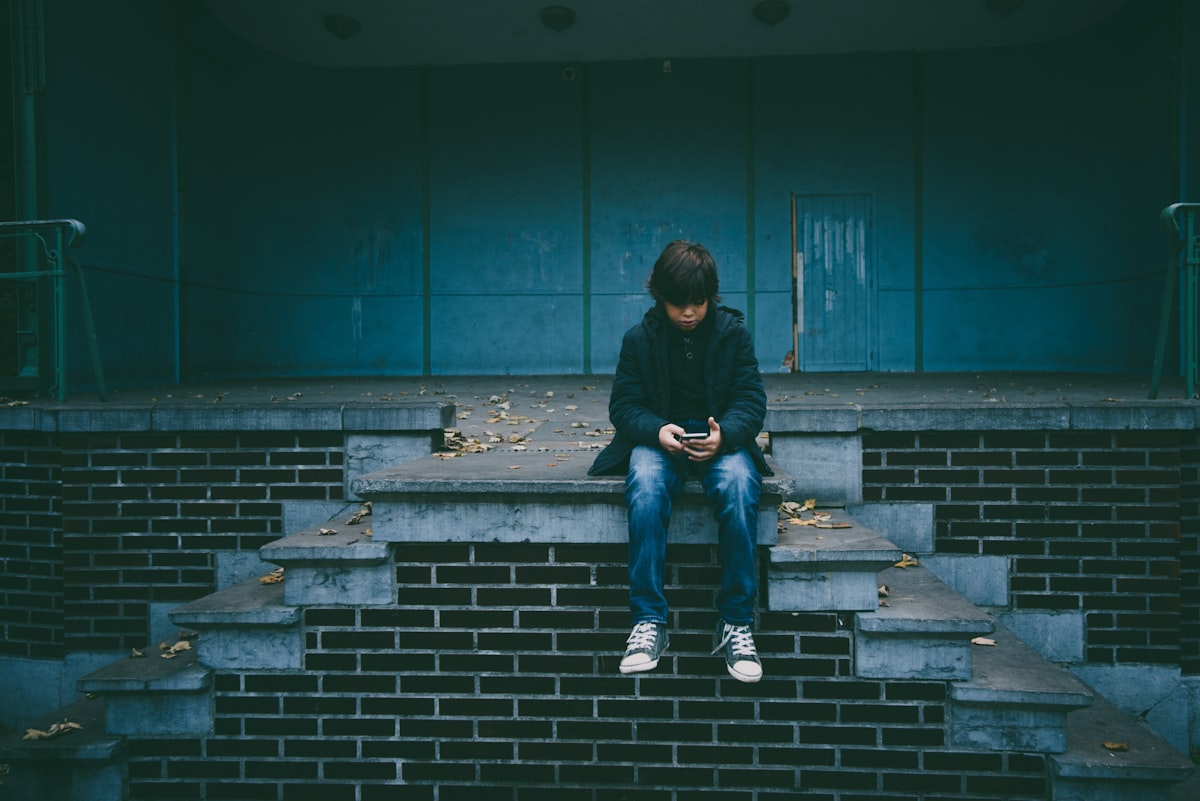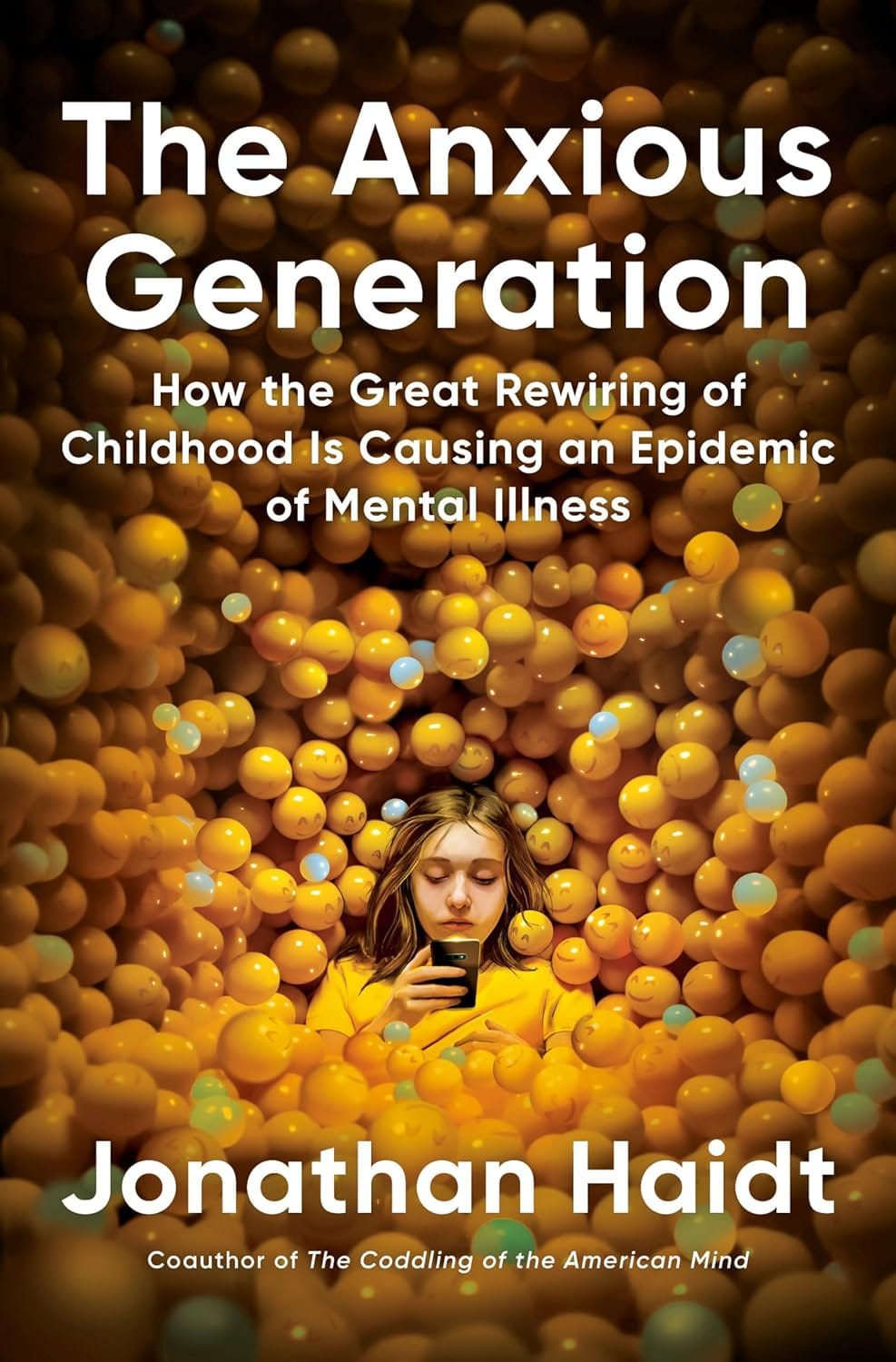Delay the Device: Jonathan Haidt's Plan to Save Our Kids from the Screen
Explore how smartphones affect children's mental health and discover Jonathan Haidt's strategies for combating the epidemic of anxiety and depression in "The Anxious Generation."

In a revealing interview with NPR's Steve Inskeep, social psychologist Jonathan Haidt discusses the pervasive issues stemming from children's smartphone usage, as detailed in his latest book, "The Anxious Generation: How The Great Rewiring Of Childhood Is Causing An Epidemic Of Mental Illness." Haidt touches on the addictive nature of smartphones and how they contribute to increased rates of anxiety, depression, and loneliness among the younger generation. He argues against the notion that online gaming and social media can adequately replace physical play and face-to-face interactions, highlighting the importance of real-world engagement for developing essential social skills and overcoming fears.
Haidt proposes several actionable solutions to mitigate these issues, including delaying the age at which children receive smartphones and gain access to social media, implementing phone-free schools, and encouraging more free play and independence in the real world. He emphasizes the need for a collective effort to adopt these norms, suggesting that such changes could significantly reduce anxiety and depression rates among children.

The Anxious Generation: How the Great Rewiring of Childhood Is Causing an Epidemic of Mental Illness
After more than a decade of stability or improvement, the mental health of adolescents plunged in the early 2010s. Rates of depression, anxiety, self-harm, and suicide rose sharply, more than doubling on many measures. Why?
One impactful quote from Haidt in the discussion sheds light on the importance of real-world engagement: "What I'm saying is just delay, delay, delay. Delay the age at which the kids are going to jump into this cesspool... Clear this all out of middle school, then we'll work on high school. But let's start by getting it out of elementary and middle school." This statement captures the essence of his argument for prioritizing physical and social activities over digital interactions.
Another quote highlights the broader societal challenge: "We have overprotected our children in the real world while underprotecting them online. We have to reverse both of those." This succinctly summarizes the imbalance in how we safeguard our children's well-being in different environments.





